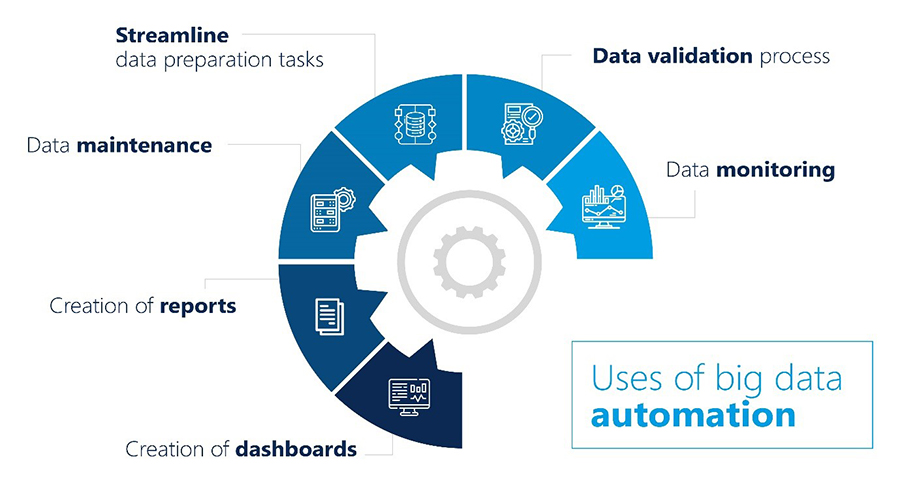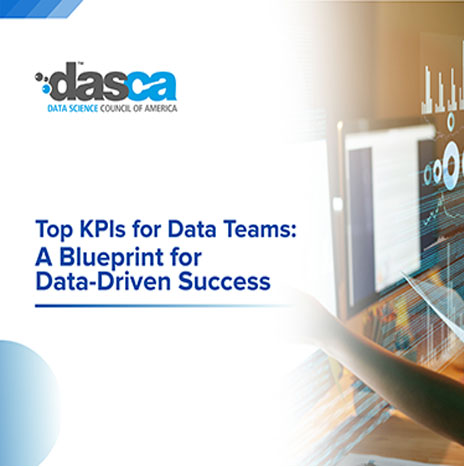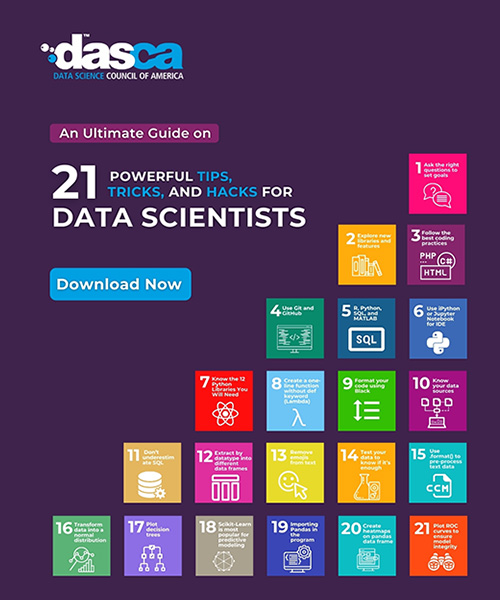
Businesses receive humongous data on a daily basis. To harness valuable insights from it, it is necessary to analyze them. Automating the process can lead to massive benefits for businesses such as reduced cost, improved competence, self-service modules, and increased scalability.
Every business collects data from various sources such as the Internet of Things (IoT), websites, social media, and mobile. Capturing massive amounts of data is easier, but the data can become effective for a business only when it is managed well.
Though big data can enable organizations to accelerate management decisions in a better way, a comprehensive strategic plan is essential to radically transform an organization. The overload of information, its storage costs, and uncertainty on how to use add to the confusion.
The solution lies in automation. Big data and its automation can make internal processes efficient and decision-making easier. Before going into details, let’s analyze the situation and understand the challenges.
Big data capturing and storage: Challenges faced by an organization
The approach to capture and storage of big data and its management considered by an organization can significantly, affect the entire organization. When capturing accurate real data, most organizations face the following laid challenges.
Human error : As the data becomes larger and disparate, there is every chance of an error while handling it manually. The time taken to do the job would go to waste and also, the resulting data cannot possibly be fully trusted.
All the employees in an organization may not be well-versed in data as the data science professionals are, and there may occur a mismatch in the data sourcing and storing processes. One of the reasons is that the data is unstructured and comes from documents, text files, audio, videos, and other sources.
Securing Data : Securing the datasets is again a daunting task for companies. Often, the companies get involved more in understanding, storing, and analyzing data sets that data security-related aspects fall behind, which is not a smart move.
For this, the companies must involve cybersecurity professionals and implement steps such as data encryption, data segregation, endpoint security, real-time security monitoring, and the use of big data security tools.
Integrating data : An organization collects data from a variety of sources such as websites, social media pages, customer logs, reports, ERP applications, and emails. The data is often present in different formats such as images, simple files, or relational databases. Combining all this data is a daunting task and companies must use data tools to make the job easier. They need to think differently to put big data to the best use.
Complexity in IoT applications : As IoT applications are deployed at every stage in an organizational ecosystem such as sensors, edge services, and gateways, it is exponentially increasing the IT complexity and lessening user satisfaction.
To overcome this human error, privacy, security, and IT concerns, automation stands as the best-recommended solution. Automation helps to integrate data seamlessly across systems while improving data accuracy and completeness. Automation can enable organizations to innovate business while managing big data.
Big data automation : The ‘what’ and ‘why’ for an organization
The automation of Big Data Analytics improves data science to a greater extent. Being a self-service model, it helps business owners to leverage big data by making it more accessible and cost-effective. It facilitates data scientists to dedicate more toward core competencies by saving time that gets consumed in data analysis tasks.
Several leading organizations have opted for automation and realized its true benefits. The implementation of the right technology can reduce the whole big data process to a few weeks. Some of the benefits include:
- Reduced operational costs
- Improved operational efficiency
- Increased scalability of technologies
- Improved self-service modules
Automation reduces the time involved in predictive analytics. It takes a few hours of work for which humans take a few months to decode predictive algorithms.
Automation facilitates the access to traditional Business Intelligence and Cognitive Computing Analytics while reducing costs. Further, the self-service modules get support from Data Lakes and data preparation platforms.
Moving forward, let’s understand when and how to proceed with automation.
Big data automation: The ‘when’ and ‘how’ for an organization
As a simple rule, the tasks that are rule-based, repetitive, and form a part of the stable business process are fit for automation. To mention a few, they include:
Creation of dashboard and reports : Automation can stream, process, and aggregate data easily and make it more presentable to understand even by non-tech staff.
Data maintenance : Automation simplifies the task by tuning the data warehouse. Organizations can take advantage of several tools that facilitate automation.
Data preparation tasks : KNIME platform can label data, train and validate models, and iterate processes related to optimization. [KNIME-Konstanz Information Miner is an open source data analytics, reporting, and integration platform].
Data validation process : Automation of data validation helps to detect typos, flag and assign missing values; streamline data modeling processes, and transform data.
Data monitoring : An intelligent system that has access to ingestion and replication of data can monitor available bandwidth, engineering, and delivery calendars, all in real-time.

Automation of big data is helpful for both data analysts and data scientists. Let’s see how to automate big data. An organization must follow this process to ensure maximum benefits.
Defining objectives : It is essential to involve cross-functional team members such as marketing, operations, and human resources. The organization must have clear goals and expectations for the automation process.
Determine metrics : Codify your objective and ensure whether they are met by measuring the performance and utility. It also acts as a reference point for future projects or plans to extend your automated system(s).
Select automation tools : Select automation tools such as Python’s NumPy, SciPy, and Pandas packages. These packages make it easier to move code and processes and improve collaboration between humans.
Conclusion:
Automation improves data science. Big data automation enables businessmen to eliminate complexities in businesses. It helps data analysts and data scientists to dedicate their time toward value-added activities for their organization.
If you are one of the professionals who want to carve a path in data science, then data science certifications can help you climb up your career ladder faster.
If data science is your forte, then big data analytics is your playfield. Learn big data analytics to expand the scope of automation in your organization.
































